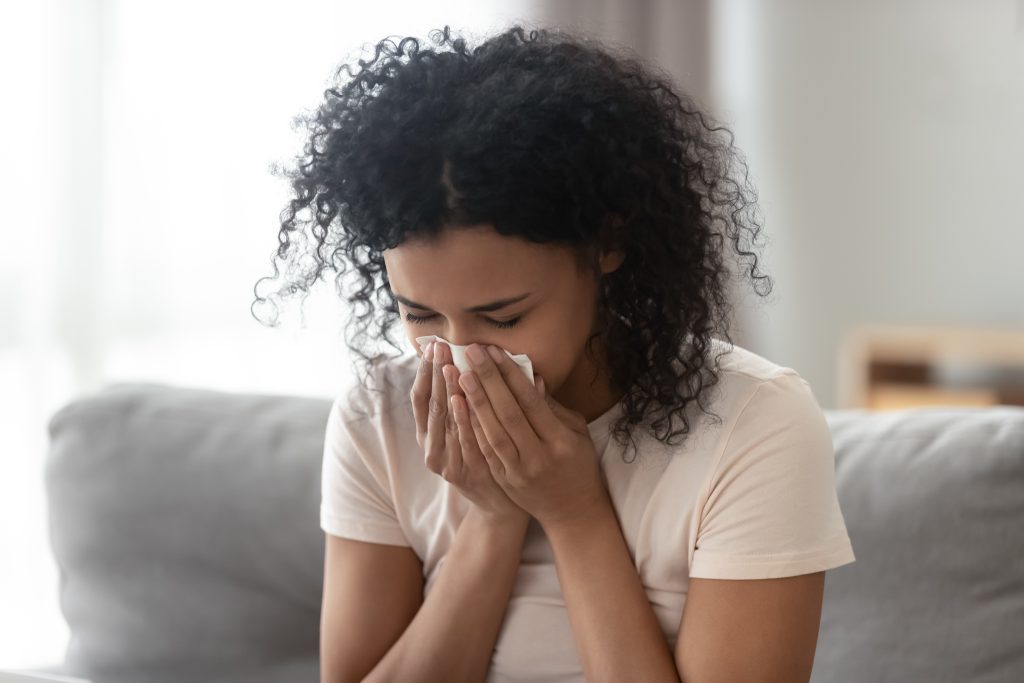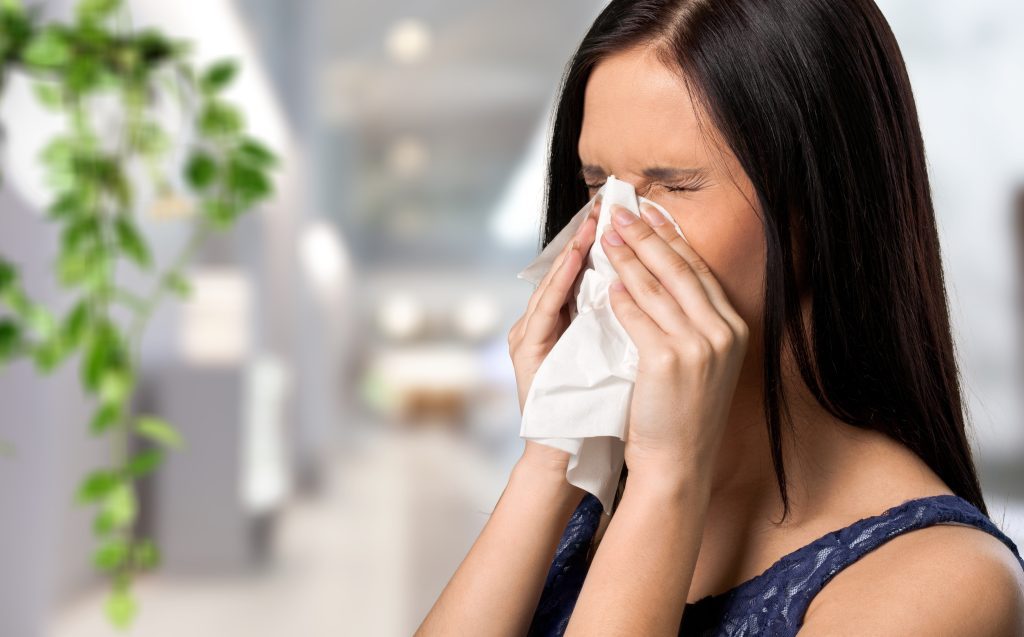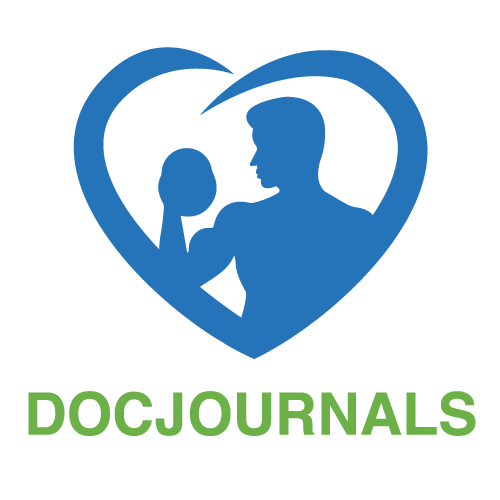Seasonal Allergies And COPD: How To Avoid Complications
Seasonal change comes with several allergies and other related complications as the weather changes, the level of pollutants in the air increase or decreases, which fuels seasonal allergies. The body responds by initiating some internal mechanism to help it adapt. Delays in such response become challenging for most people, including chronic obstructive pulmonary disease (COPD). For example, in dry seasons, dust and pollen concentration in the atmosphere increases, and people allergic to it may suffer coughing, sneezing, and difficulty breathing, which is dangerous for persons with COPD.

A 2012 research by the Johns Hopkins Allergy and Asthma Center found that people with seasonal allergies and COPD are vulnerable to respiratory symptoms like wheezing and coughing. Keep reading to learn how people with COPD can avoid seasonal severe allergic complications.
Try to avoid allergens
We believe you know what triggers your allergic reactions if you are reading this. Although it may be challenging, try to avoid these allergens. If dust provokes your COPD complications, try to avoid them or mask up before leaving the house. If you are allergic to pollen and other pollutants, try using an allergy tracker to know the pollen level in the air. Also, choose to stay indoors if you have nothing serious outside your home.
Sometimes such allergens can be found around our homes. If such is your case, try to allergy-proof your surroundings by installing filters. You can also close your windows when pollutants in the air are high.
Treat the symptoms
If you couldn’t avoid the allergens and now battling symptoms, treat them as soon as possible. Allergies symptoms like difficulty breathing, cold, coughing, and wheezing if not treated early may complicate your COPD. Talk to your doctor for the best medication or visit the nearest pharmacy for a potent over-the-counter drug.

Talk to a health professional
Seeking professional advice is the best way to limit the impact of seasonal allergies on your COPD. A doctor can prescribe effective methods or medications to reduce the complications and COPD trigger.
